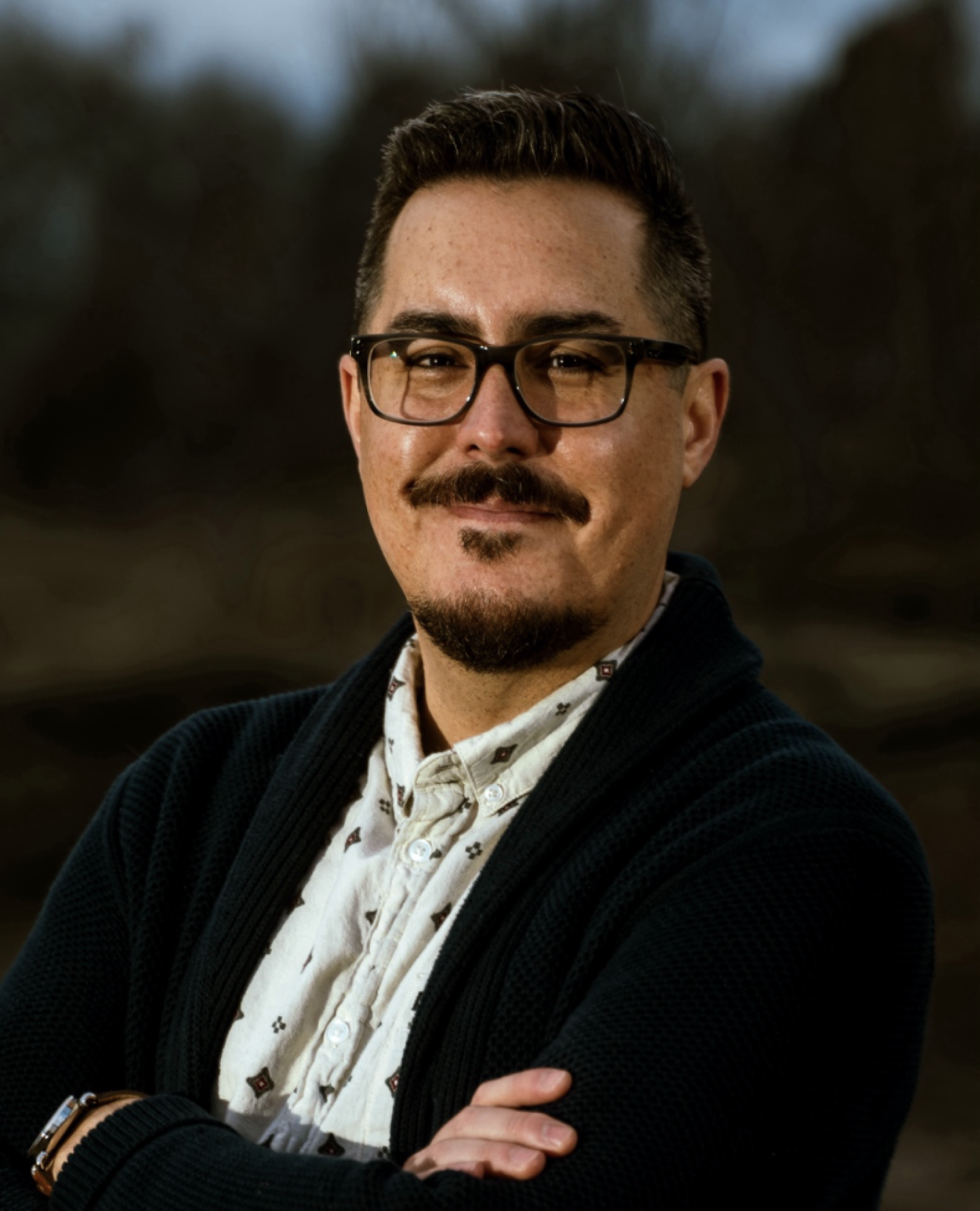Gregory Grobmeier
- Lecturer
- GERMANIC AND SLAVIC LANGUAGES AND LITERATURES
- JEWISH STUDIES

About Prof. Grobmeier:
Dr. Gregory Grobmeier specializes in 20th century and contemporary European political thought, Holocaust Studies, post-Holocaust philosophy and theology, and the history of philosophy. Dr. Grobmeier also serves as Senior Term Professor in the Philosophy Department at Regis University in Denver, where he regularly teaches first-year courses and upper division seminars for the Regis College of Liberal Arts and Sciences.
Dr. Grobmeier is currently working on a book-length study on the question of community, political pluralism, and the problem of political authority as it figures in several 20th century and contemporary European philosophers and political theorists: Martin Heidegger, Emmanuel Levinas, Hannah Arendt, Georges Bataille, Maurice Blanchot, and Jean-Luc Nancy.
Areas of Research Related to Jewish Studies:
Courses Taught:
- Jewish History: Origins to 1492 (JWST/HIST/RLST 1818)
- The Holocaust: An Anthropological Perspective (JWST/HIST 4580)
- Representing the Holocaust (JWST/GSLL 2502)

